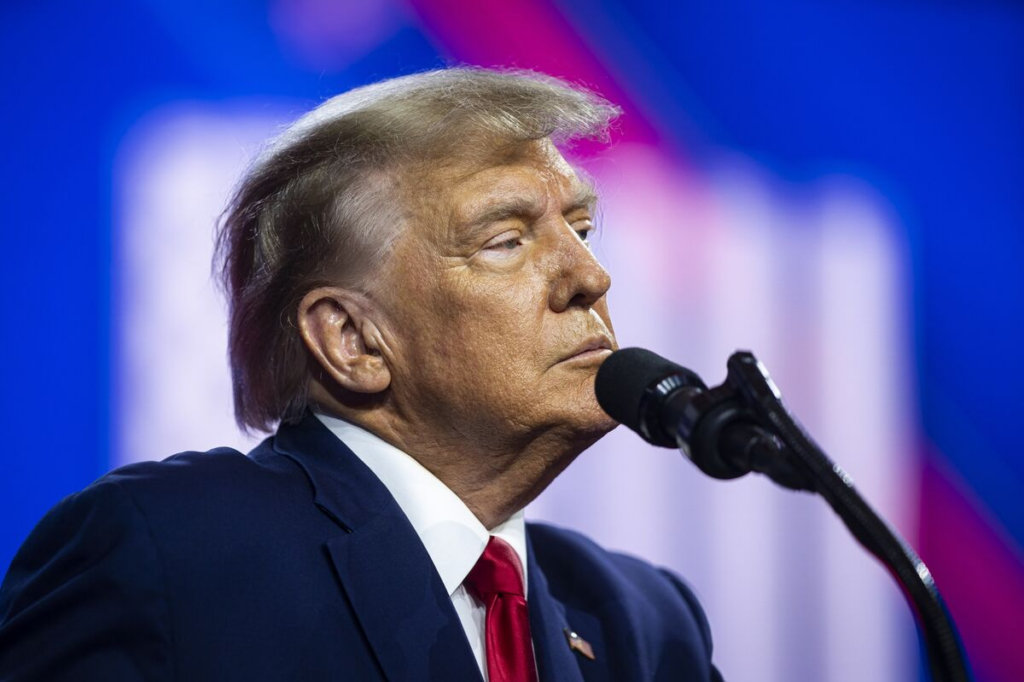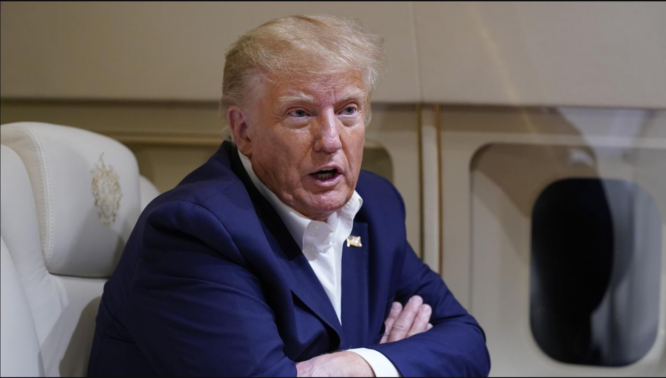The federal lawsuit against former President Trump changed American politics. Trump became the first president to be charged under the Espionage Act for leaking confidential material.
When critical information was found in the 15 boxes of records Trump returned to the National Archives, the issue intensified. Trump refused to hand up all the documents.
The procedure revealed that President Biden had neglected to return certain papers as Vice President, but he swiftly returned them.
The search of Vice President Pence’s house yielded scant papers. Since neither Pence nor Biden were sued, this case would likely not have been filed if Trump had quickly returned the confidential materials.
Former President Trump faces up to 20 years in jail for illegally possessing and concealing secret national security material from the government.
The indictment accuses Trump of neglecting to surrender federal papers after his administration and aggressively blocking their return.

The indictment describes the federal government’s efforts to obtain Trump’s Mar-a-Lago records, including his disclosure of a “top secret” “war attack plan” to unauthorized persons.
Trump also showed unauthorized people documents about a foreign military action.
Trump’s previous lawsuits were for “document forgery” and “sexual harassment” in New York.
However, the federal case of illegal possession of national security materials and concealment from the federal authorities will be handled in Florida.
38 counts of willful possession of national defense secrets, conspiracy to obstruct justice, withholding documents from a federal inquiry, and making false statements carry possible prison penalties of 5 to 20 years.
Trump’s nominated judge will preside over this historic trial, but the case file indicates that Trump’s position is difficult.
A former American president facing Espionage Act accusations and prison time might set a precedent. Trump, who will appear in Florida federal court on Tuesday, may benefit from a Republican jury.
The prosecution will seek the best jury balance. Trump’s best-case scenario during the trial would be a dismissal for “wrongful prosecution.”
This trial, including Trump’s most severe allegations, is anticipated to last several months and might derail his presidential campaign.
Trump and his followers plan to call the prosecution a DOJ witch hunt. Republican candidates, excluding Chris Christie, will discuss the case’s politics. Christie, a party critic, may use this trial to his advantage, making it harder for Trump to escape.

Extremist Capitol insurrection organizations are likely to demonstrate in Florida.
These organizations may hurt Trump politically more than help him.
Given the Trump base’s power and mobilization, other contenders will find it difficult to use Trump’s legal issues against him.
However, Trump’s litigation would hurt independent votes, which are important to his presidential campaign.
The Watergate crisis brought Richard Nixon closest to a similar destiny. After Nixon’s resignation, Ford pardoned all of Nixon’s offenses.
After Trump, future Presidents can sue past Presidents. Trump’s opponents view this trial as a turning moment in American politics.
The trial and presidential campaign will continue, and the verdict’s timing will be debated. This trial is predicted to exacerbate American political division and damage political compromise.
If Trump wins all court cases and reclaims the presidency, American politics would enter “uncharted territory.”





